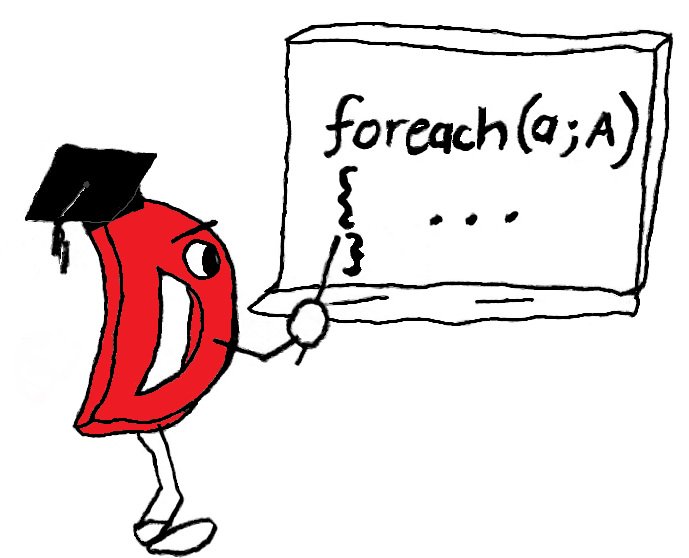Menu
- Úvod
- Základy jazyka D
-
Klenoty
- Syntax jednotného volania funkcií (UFCS)
- Riadenie opustenia bloku
- Rozsahové algoritmy
- Unit testovanie
- Vkladanie kódu (mixins)
- Vyhodnocovanie funkcií počas kompilácie (CTFE)
- Funkcionálne programovanie
- Konktraktové programovanie
- Podtypovanie
- Atribúty
- Metódy opDispatch a opApply
- Dokumentácia zdrojov
- Rysy
- Šablónové metaprogramovanie
- Bitová manipulácia
- Kódovanie Unicode v jazyku D
- Viacvláknové programovanie
- Vibe.d

